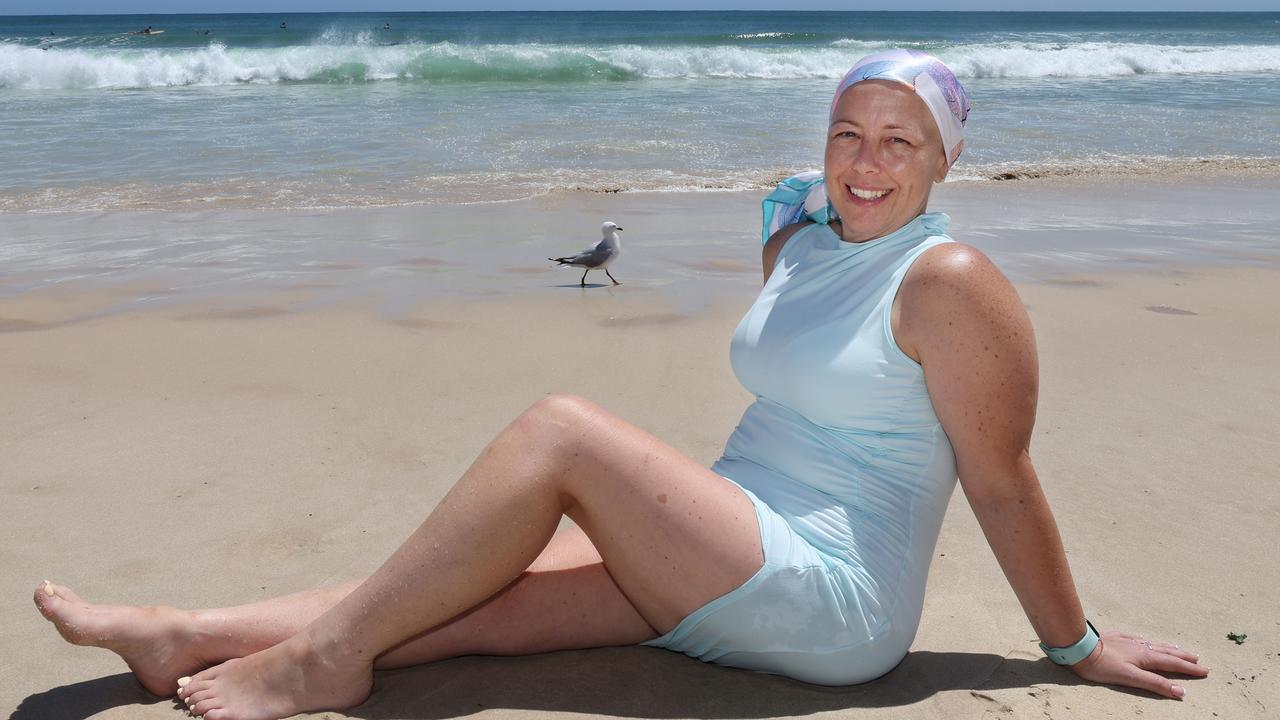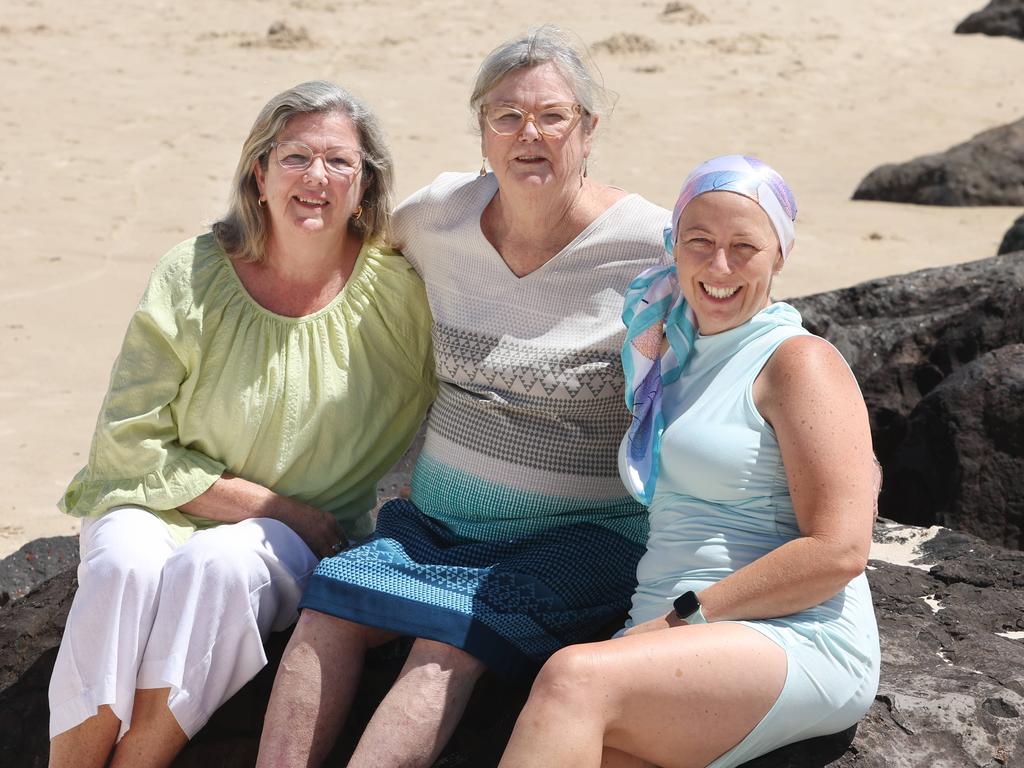Doctor warns of breast and ovarian cancer links
Aussie women are being encouraged to know their family history in order to get ahead of a potentially deadly fight.

Lifestyle
Don't miss out on the headlines from Lifestyle. Followed categories will be added to My News.
A Queensland oncologist has warned of the deadly link between family inherited breast cancer and ovarian cancer and the need for genetic testing.
Women who have the breast cancer (BRCA) 1 and 2 mutations have a 45 to 85 per cent chance of developing breast cancer, as well as a 10 to 46 per cent chance of developing ovarian cancer.
Catherine Shannon, of Mater Cancer Care Centre, says most women only become aware of their genetic risk when they are tested after they or a family member receive a cancer diagnosis.
“Mater orders genetic testing for all ovarian cancer patients because if there is a genetic link you become eligible for certain treatments, such as PARP inhibitors which specifically target BRCA 1 and 2 cancers,” she said.
Mother of two Danelle Scalia knew of her family’s history with breast cancer and was vigilant with mammograms, but never imagined she would be fighting for life against ovarian cancer at 41.
But the odds of her one day suffering ovarian cancer were always dangerously high.
Her grandmother, Josephine Eyles, was 48 when she died of breast cancer and her mother and three aunts have fought the disease.

The women all have the BRCA 1 gene mutation, which Ms Scalia has also inherited.
Now the Logan mother is urging other women to know their family history and risk.
“I have always been aware of breast cancer and checked myself regularly and had mammograms, but ovarian cancer never crossed my mind,” Ms Scalia said.
“I think I would have made different decisions if I had had genetic testing and more knowledge.
“I probably would have had my ovaries removed after my second son was born.
“If I could go back and change anything, it would have been to take that precaution.”
Mater Cancer Care Centre senior medical oncologist Dr Catherine Shannon said women whose family members tested positive for BRCA 1 or 2 should consider being tested themselves.
“Depending on the results, they may wish to consider risk reduction surgery,” she said.
“Around 50 to 60 women a year at Mater have their ovaries and fallopian tubes removed in pre-emptive surgery.”




